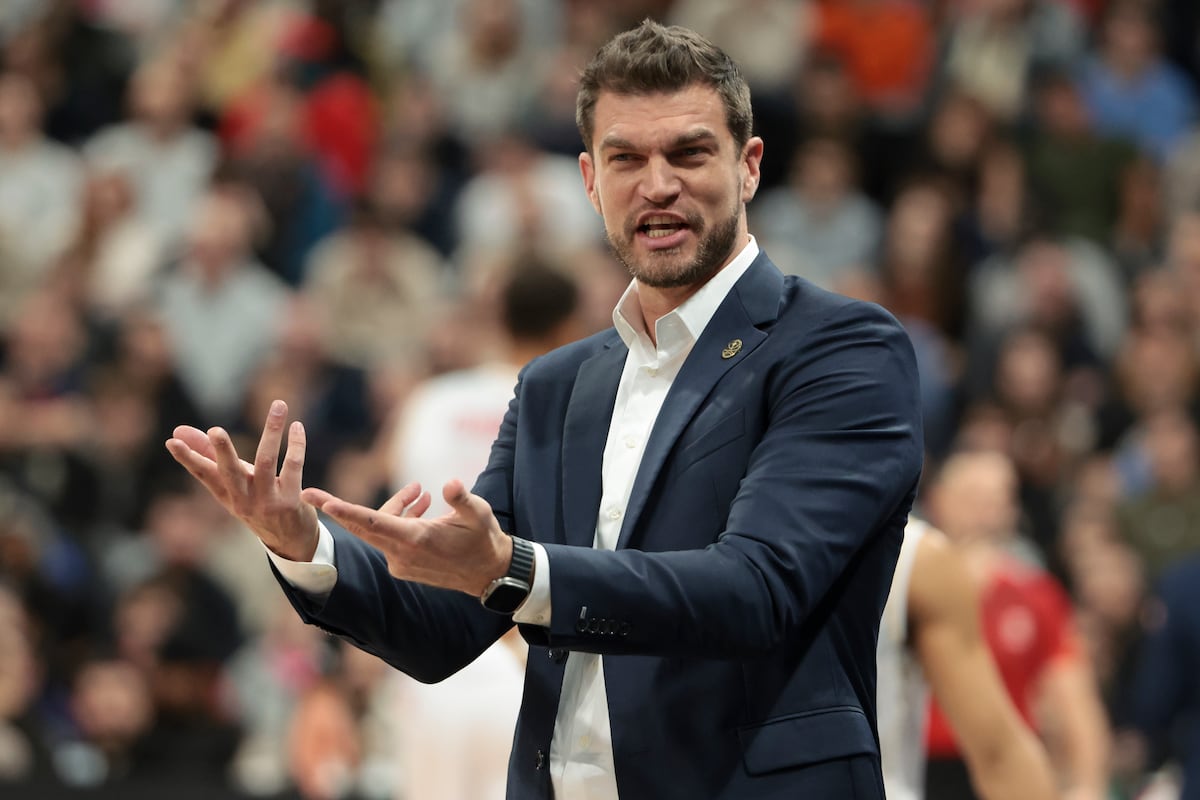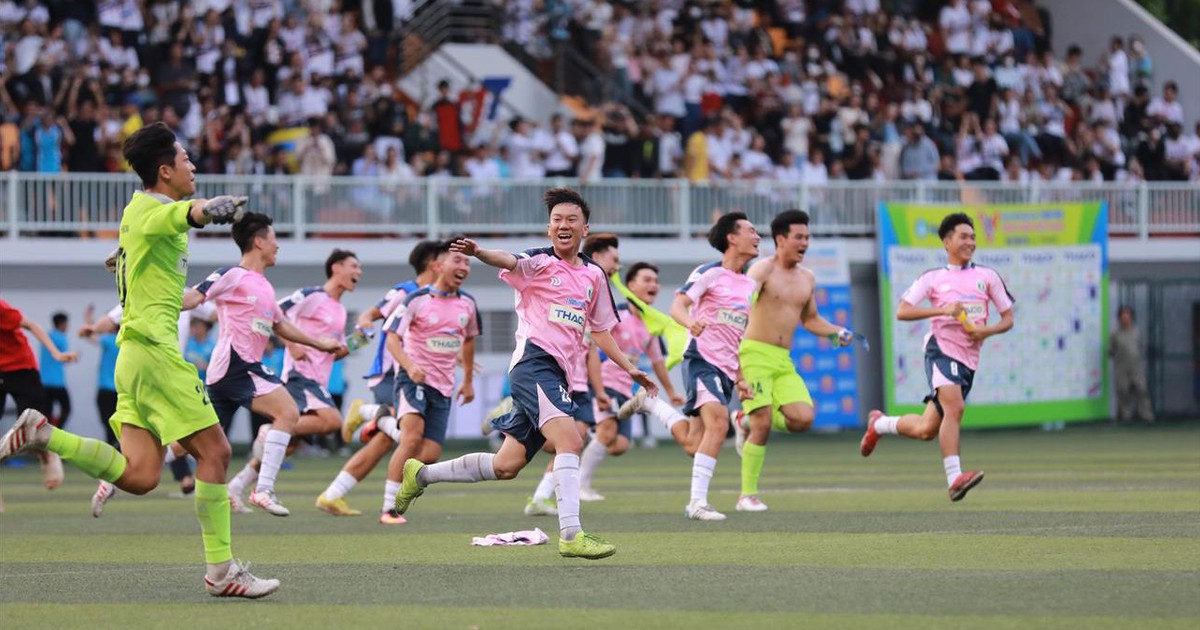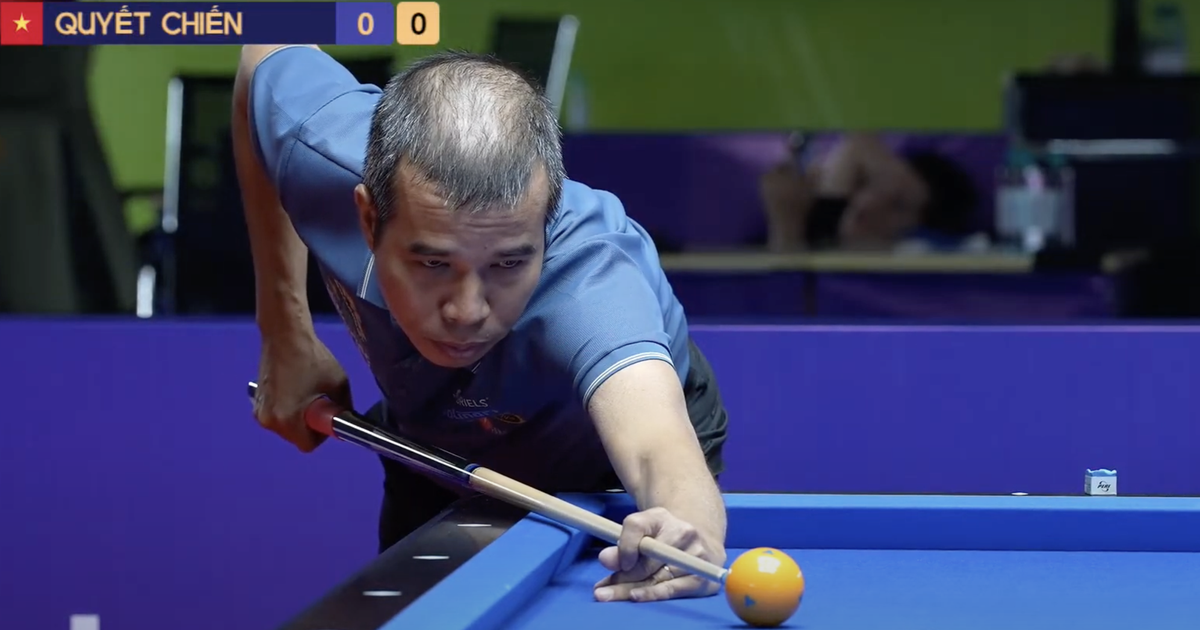The youngest coach in the Euroleague is the coach of the leading team. Tiago Splitter will turn 40 on January 1 and in his debut as head coach and in his first experience on a European bench he directs the surprising Paris Basketball that leads the competition with 11 victories in 15 days. And it is not only the results that draw the attention of a team that is also debuting in the Euroleague, but also the happy and offensive basketball with an NBA flavor. After being an assistant with the New Jersey Nets and the Houston Rockets, Splitter has imported some lines from the American book to Europe. The former Brazilian center, legend at Baskonia and winner of the ring with the San Antonio Spurs in 2014, speaks to Morning Express before hosting Real Madrid today (8:30 p.m., Movistar) and returning next week to Vitoria.
Ask. Did you always want to be a coach?
Answer. No, the truth is that it was not clear to me. I knew I wanted to continue in the world of basketball, but when I retired I felt the adrenaline, the energy, of wanting to train. I retired early due to injuries and looked for alternatives. When I started training, I felt the same sensations I had when I played. I fell in love with training, with helping kids improve, with competing. I am a competitor, I was as a player and I am as a coach, and that is what has caught my attention the most, competing every day, every week.
Q. At Baskonia he was coached by Ivanovic and Maljkovic, among others. On the Spurs, Gregg Popovich. Was this the most special technician?
R. Yes. With him I lived the most glorious moment of my career, winning the NBA with a great team, Parker, Ginobili, Tim Duncan… From Popovich I learned how to manage the group, how to know how to carry the players on and off the field. He knew how to press inside the court and had a left hand outside to feel the player as a person. Popovich treated you as a player on the court and as an intimate person off it. That’s very special and it’s very difficult to do.
Q. Are you trying it now?
R. Yes, I try, but I know the difficulty and confusion that this can create for the player, which is the same thing I had. They had always treated me as a player and rarely as a person. I try now to avoid confusion. One thing is work within the four lines and another is our life outside of them.
Q. He is 39 years old. Does that influence your relationship with players who are close to your age?
R. I don’t see my age as a problem, but as an advantage, because of the energy I have, the hours I put in working. I start early in the morning and finish at night.
Q. What was it like playing with Tim Duncan?
R. He was my idol! I had posters of him in my room as a child, then I watched him on video and tried to do what he did on the field, and in the end I ended up playing alongside him, competing and being champions. It was a dream.
Q. What type of coach are you?
R. I read the situation at all times. There are downtimes in which I break a blackboard and throw away the pen, and others in which I sit with the kids and hug them, tell them that we have to be together and have a bad time. There is a time to make a joke and a time to suffer.
Q. And what type of basketball do you like?
R. I am a modern basketball coach, playing fast and looking for quick solutions when the rival defense is not tight. I also know that there are times when we have to play slower, read the defense, see the advantage, the players we have, our weapons in attack… I like to play faster than is customary in Europe.
Q. Is that a legacy of your time in the NBA?
R. Yes, it comes from the NBA, I like to play like that, also because the players I have like to play fast. If I had Calathes, Marcelinho Huertas or Vezenkov, it wouldn’t be the best style. But I have TJ Shorts, Nadir Hifi and others who like to play at speed and get more juice that way. I do what is best for my staff.
Q. Why did you choose Paris?
R. It’s the only opportunity I had in Europe. Being a head coach in the Euroleague is a train that must be taken.
Q. Does the game change so much from the NBA to the Euroleague?
R. Yes a lot. I played in Europe, then I spent 14 years in the United States, and that basketball infected me. When you return to Europe, you see that it is different. Here it is more of a blackboard, less space, the players do not open the field as much, in the NBA the corners are always busy, the game is played more open, there is more space and with the larger court and with higher quality players.
Q. Do you like to give players freedom or control them a lot?
R. There is freedom within what they do well. If Hifi dribbles twice, wins the gap and shoots three, he can do it, but not anyone else. The players know that within their role, some have more freedom because they have that quality. Within the systems, they do have freedom, but not outside their capabilities.
Q. How is basketball experienced in Paris?
R. It is growing in a city that is about football and that has a lot to offer in terms of entertainment. At Paris Basketball we are making noise. We are a young team, only six years old. We are creating fans. That’s very exciting.
Q. With Baskonia he won two Leagues and three Cups, and has his shirt with the number 21 retired. How do you see the team today?
R. The Baskonia character has always been there, it came from José Querejeta and all the coaches have tried to have it. Maybe we didn’t have the most talent, but we did play hard and we fought. We made a trademark out of that.
Q. And Real Madrid?
R. I see a team that despite the changes has a lot of talent. In all positions. Campazzo is the best point guard in the Euroleague, Tavares defends for everyone, they have shooters, quality fours. Ok, maybe they have lost the chemistry of so many years together, but they have a lot of quality. At the end of the season they will be at the top.







